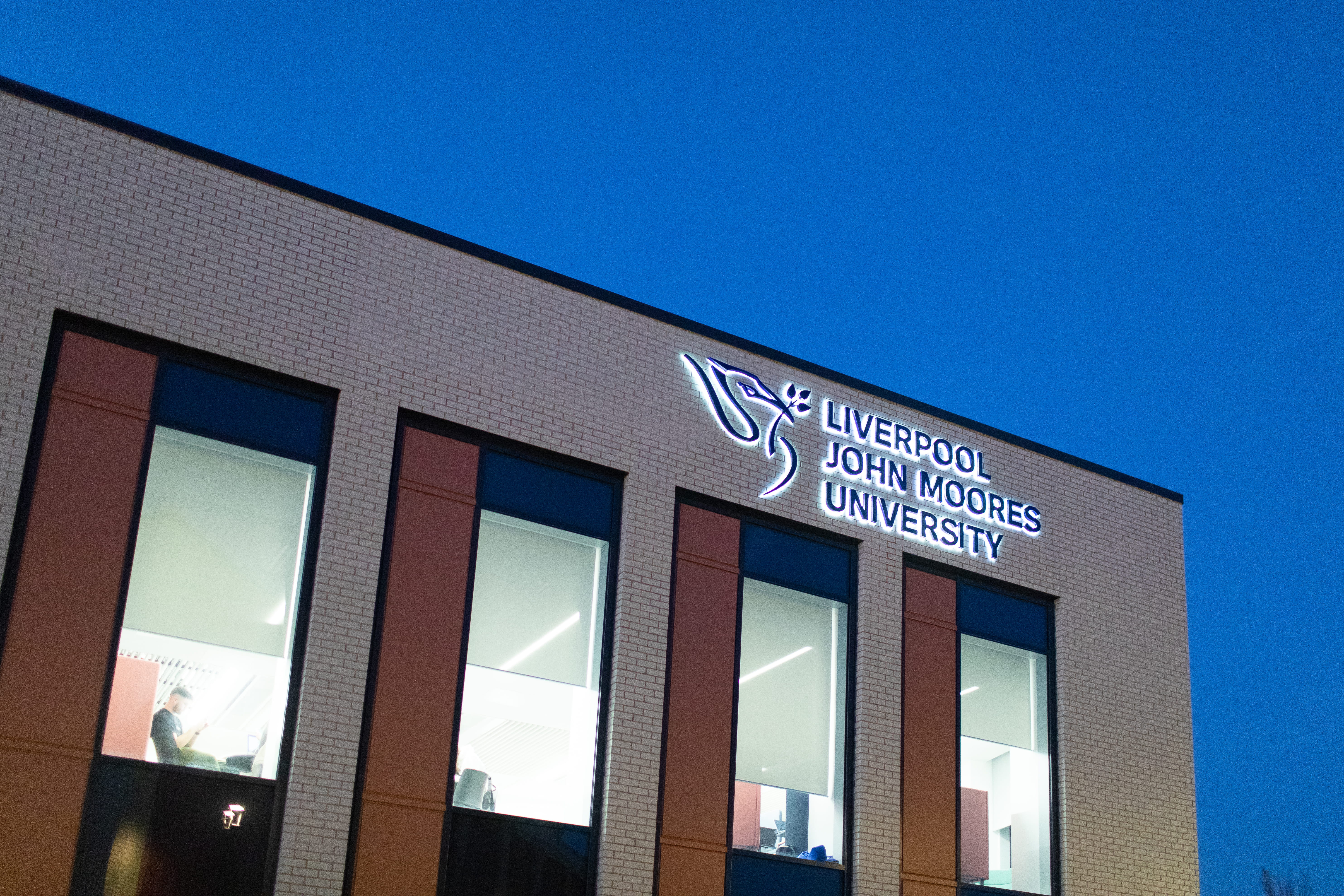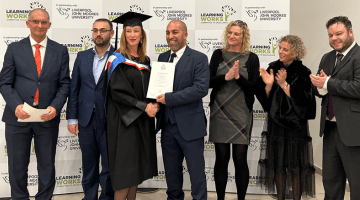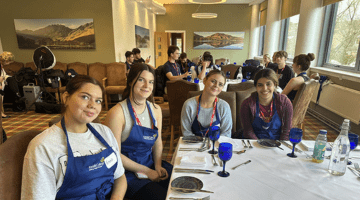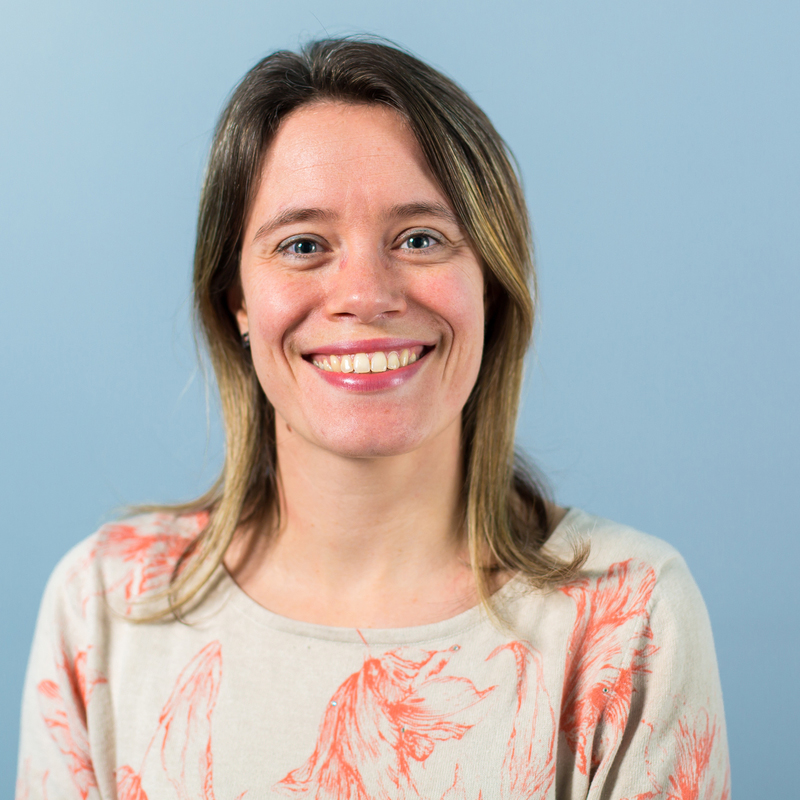2024/25 entry
MSc Clinical Exercise Physiology
About this course
The Clinical Exercise Physiology MSc focuses on the practical application of research, including an introduction to phlebotomy and immediate life support.
- This masters course is the first in the UK to be accredited by the Academy of Healthcare Science (AHCS), which allows registration as a Clinical Exercise Physiologist upon successful completion
- Choose this course developed by world-leading academics in our pioneering School of Sport and Exercise Sciences
- Benefit from a small class size - student numbers are capped at around 20 for this highly competitive course to give you dedicated access to staff and facilities
- Use state-of-the-art laboratories in our award-winning Tom Reilly Building
- Enjoy a combination of invaluable practical experience, including a substantial, compulsory clinical placement and theoretical learning. Our Placement Learning Support Unit will support you with sourcing a placement
- Access cutting-edge equipment, including 12-lead ECG and cardiopulmonary stress exercise testing equipment. We also house several ultrasound machines echocardiography and vascular physiology and we are world leaders in utilising this equipment in a practical-based setting
- Look forward to enhanced job opportunities in NHS and private clinical physiology
There has never been a more exciting time to undertake an MSc in Clinical Exercise Physiology. Exercise now represents one of the world's major businesses and scientists have an increasingly prominent role in working with healthy and clinical populations to maintain healthy lifestyles and reduce disease.
This Masters programme is ideal if you want to go on to specialise in exercise physiology in a clinical setting. The course provides a detailed knowledge of physiology applied to clinical contexts, but is also designed to extend your knowledge beyond 'classical' exercise physiology studies and into novel techniques and theories underpinning exercise physiology and health.
You will gain extensive practical experience in key physiology laboratory tests such as ECG and cardiopulmonary testing. You will also develop a good understanding of modern and novel ultrasound assessments of cardiovascular function. Academic development is provided in fundamental scientific techniques including research methods, statistical analysis and scientific communication.
Professional body recognition
LJMU is the first university to gain Academy for Healthcare Science (AHCS) accreditation for MSc Clinical Exercise Physiology

Fees and funding
There are many ways to fund postgraduate study for home and international students
Fees
The fees quoted at the top of this page cover registration, tuition, supervision, assessment and examinations as well as:
- library membership with access to printed, multimedia and digital resources
- access to programme-appropriate software
- library and student IT support
- free on-campus wifi via eduroam
Additional costs
Although not all of the following are compulsory/relevant, you should keep in mind the costs of:
- accommodation and living expenditure
- books (should you wish to have your own copies)
- printing, photocopying and stationery
- PC/laptop (should you prefer to purchase your own for independent study and online learning activities)
- mobile phone/tablet (to access online services)
- field trips (travel and activity costs)
- placements (travel expenses and living costs)
- student visas (international students only)
- study abroad opportunities (travel costs, accommodation, visas and immunisations)
- academic conferences (travel costs)
- professional-body membership
- graduation (gown hire etc)
Funding
There are many ways to fund postgraduate study for home and international students. From loans to International Scholarships and subject-specific funding, you’ll find all of the information you need on our specialist postgraduate funding pages.
Please be aware that the UK’s departure from the EU may affect your tuition fees. Learn more about your fee status and which tuition fees are relevant to you.
Employability
Further your career prospects
LJMU has an excellent employability record with 96% (HESA 2018) of our postgraduates in work or further study six months after graduation. Our applied learning techniques and strong industry connections ensure our students are fully prepared for the workplace on graduation and understand how to apply their knowledge in a real world context.
The substantial placement that you will undertake during the course of this programme will prepare you for a number of relevant roles in Clinical Exercise Physiology. Previous students have gained their experience at Liverpool Heart and Chest Hospital, Harley Street clinics, and a range of NHS Royal Trust clinics.
This programme gives you the opportunity to learn from national and international leaders in the field, and its unique combination of theory and practice provides you with invaluable practical experience, giving you a distinct advantage when securing a job in this highly competitive market.
The masters offers you the opportunity to enhance your knowledge and skills as a practitioner, obtain professional registration as a Clinical Exercise Physiologist and leave ready to succeed in a number of rewarding roles. Opportunities within the clinical field include cardiac and pulmonary rehabilitation, prehabilitation services, Scientist Training Programme, wellbeing and fitness, public health, running your own business and Clinical Exercise Physiologists. Alternatively you may choose to continue in education or research, even taking your studies to doctoral level.
The student experience
Discover life as a postgraduate student at LJMU.
News and views
Browse through the latest stories and updates from the University and beyond
Course modules
Discover the building blocks of your programme
This course is currently undergoing its scheduled programme review, which may impact the advertised modules. Programme review is a standard part of the University’s approach to quality assurance and enhancement, enabling us to ensure that our courses remain up to date and maintain their high standard and relevancy.
Once the review is completed, this course website page will be updated to reflect any approved changes to the advertised course. These approved changes will also be communicated to those who apply for the course to ensure they wish to proceed with their application.
Your programme is made up of a number of core modules which are part of the course framework. Some programmes also have optional modules that can be selected to enhance your learning in certain areas and many feature a dissertation, extended report or research project to demonstrate your advanced learning.
Your programme is made up of a number of core modules. One module is a clinical placement - this replaces your dissertation or research project and will demonstrate your advanced learning.
Core modules
Technical Training for Exercise Physiology
40 credits
The aim of this module is to provide the knowledge, technical and critical appraisal skills required to work as an effective clinical physiologist. The module focuses on the practical skills required for the assessment of patients with non-communicable diseases at rest and during exercise. Techniques include 12-lead ECG, resting and exercise blood pressure, CPEX, respiratory function tests and an introduction to novel cardiac and vascular ultrasound measurements.
Advanced Exercise Physiology
20 credits
This module aims to extend and deepen knowledge and understanding related to the acute and chronic physiological responses to exercise. This will focus on cardiovascular, respiratory and metabolic responses to exercise that will link/underpin later content related to ‘patho-physiology in these systems’ and ‘exercise prescription’. It also develops knowledge of how advancements in technology and assessment illuminate our understanding of advanced exercise physiology.
Pathophysiology
20 credits
This module focuses on the pathophysiological processes underlying several non-communicable diseases. This includes cardiovascular disease, respiratory diseases and metabolic diseases and exercise. The role of exercise in primary and secondary prevention and treatment of these diseases is discussed. The module looks at the whole pathway of the diseases including prevalence, risk factors, underlying pathophysiology and treatment (including drugs, surgery and exercise).
Motivation, Adherence and Behaviour Change
20 credits
This module aims to provide an understanding of exercise prescription in different clinical populations and to integrate current psychological theory and evidence when prescribing exercise in practice. It focuses on apprising the nature of exercise prescription, applying psychological theory and behaviour change strategies to enhance adherence and appraises the long-term effectiveness of physical activity interventions in a range of clinical populations.
Clinical Placement
60 credits
This module involves a 140-hour clinical placement and is underpinned by research led practice. The aim of the module is to provide the experience and knowledge required to work as an effective clinical physiologist. The module focuses on the skills required for the assessment of special populations at rest and during exercise and the effective prescription and monitoring of exercise.
Exercise Programming
20 credits
This module considers exercise programming design, prescription, understanding and delivery for individuals with long-term medical conditions. This includes theoretical knowledge and practical experience.
Clinical Assessment of Competencies
0 credits
This module is solely for assessment and is based on clinical competencies. We are currently applying for accreditation with The Registration Council for Clinical Physiologists (RCCP). Once this has been achieved, if you pass this module alongside all of the other MSc Clinical Exercise Physiology modules, you can automatically apply for RCCP registration.
Teaching
An insight into teaching on your course
Study hours
Students will have approximately two hours per module per week of taught material and/or seminar work. This may be supplemented by reflective tutorials during the semester. Private study will cover both time spent studying (e.g. in the library), collecting data in the laboratory and completing directed tasks and coursework. Taught sessions will provide an orientation to the topic and opportunity for classroom discussion and debate. You will also be expected to read widely using primary sources of reference material.
Teaching is on Mondays and Fridays in semester 1 and Tuesdays and Thursdays in semester 2. Semester 3 is for your clinical placement - times and hours will vary depending on the placement provider.
Teaching methods
Our teaching is delivered primarily through lectures, laboratory practicals and student-centred learning techniques, such as problem-based learning.
Applied learning
In place of a traditional research project, you will have the opportunity to gain essential experience through a 140 hour clinical placement, based in a hospital clinical exercise physiology department or related department in the NHS or private healthcare sector. This extensive placement affords you the unique opportunity to apply the skills and knowledge gained during the Masters in a ‘real-world' setting, and places you in a highly employable position.
Assessment
How learning is monitored on your programme
To cater for the wide-ranging content of our courses and the varied learning preferences of our students, we offer a range of assessment methods on each programme.
On this course you will be assessed in a variety of ways, including: interactive problem solving exercises; oral presentations in front of a peer group; coursework and essays, in some cases combined with oral defence. The case report and literature review is a substantial piece of work based on your 140 hour clinical placement.
Course tutors
Our staff are committed to the highest standards of teaching and learning
Dr Ellen Dawson
Programme Leader
Dr Dawson is a senior lecturer in cardiovascular physiology at LJMU. She completed a BSc in Sport and Exercise Science at Manchester Metropolitan University, followed by an MSc in Human and Applied Physiology at Kings College London. Dr Dawson then returned to Manchester Metropolitan University to do a PhD in Exercise Induced Cardiac Fatigue. She has undertaken post-doctoral fellowships at the Copenhagen Research Centre in Denmark and the University of North Texas Health Science Centre. Dr Dawson is particularly interested in vascular function in health and disease including responses to acute exercise, adaptation to acute injury and improved vascular function with exercise training. The aim of the research is to understand the mechanisms underlying vascular function (both dysfunction and improved function) and its associated links with cardiovascular disease and health.
Seeing students develop their skills, confidence and knowledge is one of the best parts of my job. It's also very rewarding to hear from past students about how we provide them with the tools to succeed in their future careers.
-
 Professor
Professor -
 Reader
Reader -
 Reader
Reader -
 Professor
Professor -
 Professor
Professor
School facilities
What you can expect from your School
This MSc programme is delivered in the City Campus, in the £28 million Tom Reilly Building, which provides world-class sport and exercise science facilities. For Sport and Clinical Exercise Physiology this includes 12-lead ECG and cardiopulmonary stress exercise testing equipment, ultrasound machines, echocardiography and vascular physiology, and we are world-leaders in utilising this equipment in a research setting. The School also houses 800m2 of exercise physiology laboratory space and 100 m2 of molecular/biochemistry laboratory space.
Entry requirements
You will need:
Qualification requirements
Undergraduate degree
- Candidates will be required to have academic qualifications commensurate with entry to postgraduate study, and be able to demonstrate an aptitude for scientific study. Candidates would normally be expected to have a good honours degree (i.e., upper second or first) in sport science, science or a related discipline.
International requirements
-
IELTS
- Overall score of 6.5 with no element below 6.5 for reading and writing and 6.0 for speaking and listening for post graduate students
-
All new students must complete a declaration letter for Fitness to Practice which is sent out during the admissions process. As part of the degree they will have to obtain a DBS and Occupational Health check.
There are also some additional requirements for non-UK students:
- Criminal records check (from your home country)
- Letter of good character (written in English)
-
Other international requirements
- International students applying to study a full-time taught Masters, MRes, Mphil or PhD at LJMU should check if they require an Academic Technology Approval Scheme or ATAS certificate. International students entering on a Tier 4 visa cannot study part time. Please contact LJMU’s International Admissions Team for further details.
Further information
-
Extra Requirements
- All new students must complete a declaration letter for Fitness to Practice which is sent out during the admissions process. As part of the degree they will have to obtain a DBS and Occupational Health check.
-
RPL
- RPL is accepted on this programme
Application and selection
Securing your place at LJMU
To apply for this programme, you are required to complete an LJMU online application form. You will need to provide details of previous qualifications and a personal statement outlining why you wish to study this programme.
The University reserves the right to withdraw or make alterations to a course and facilities if necessary; this may be because such changes are deemed to be beneficial to students, are minor in nature and unlikely to impact negatively upon students or become necessary due to circumstances beyond the control of the University. Where this does happen, the University operates a policy of consultation, advice and support to all enrolled students affected by the proposed change to their course or module.












